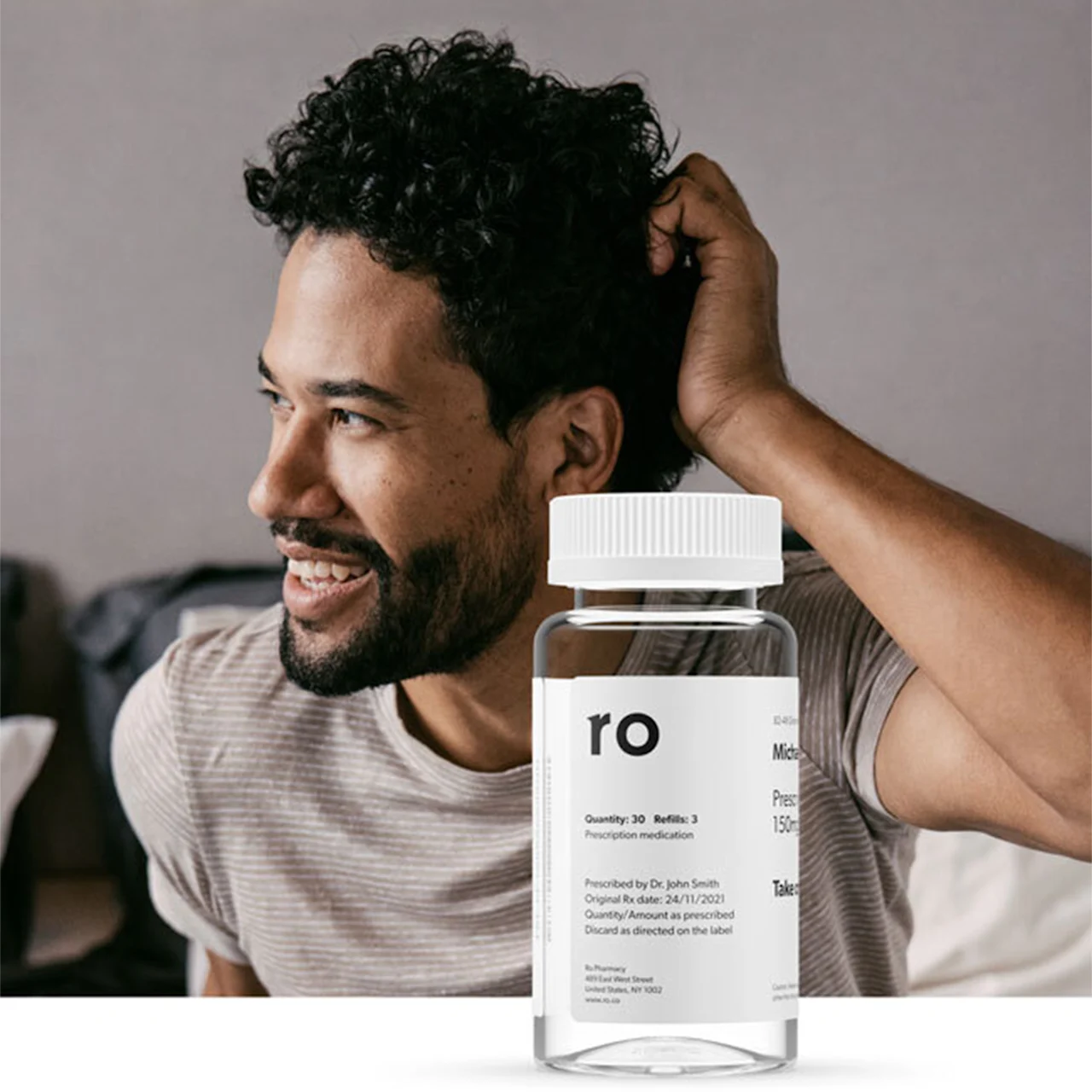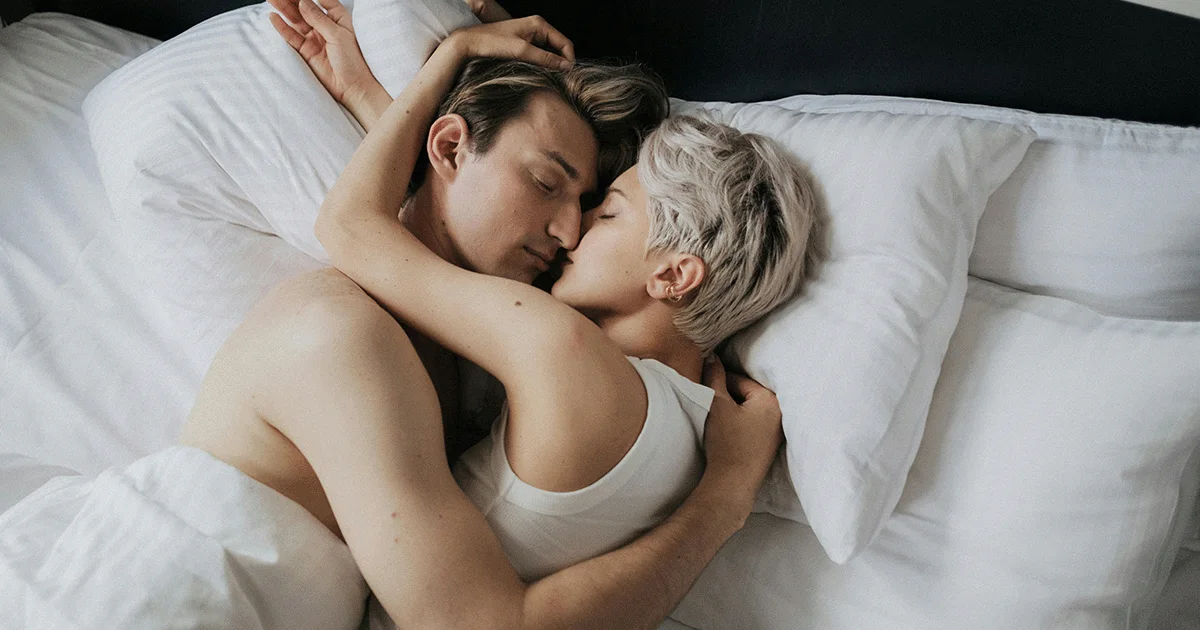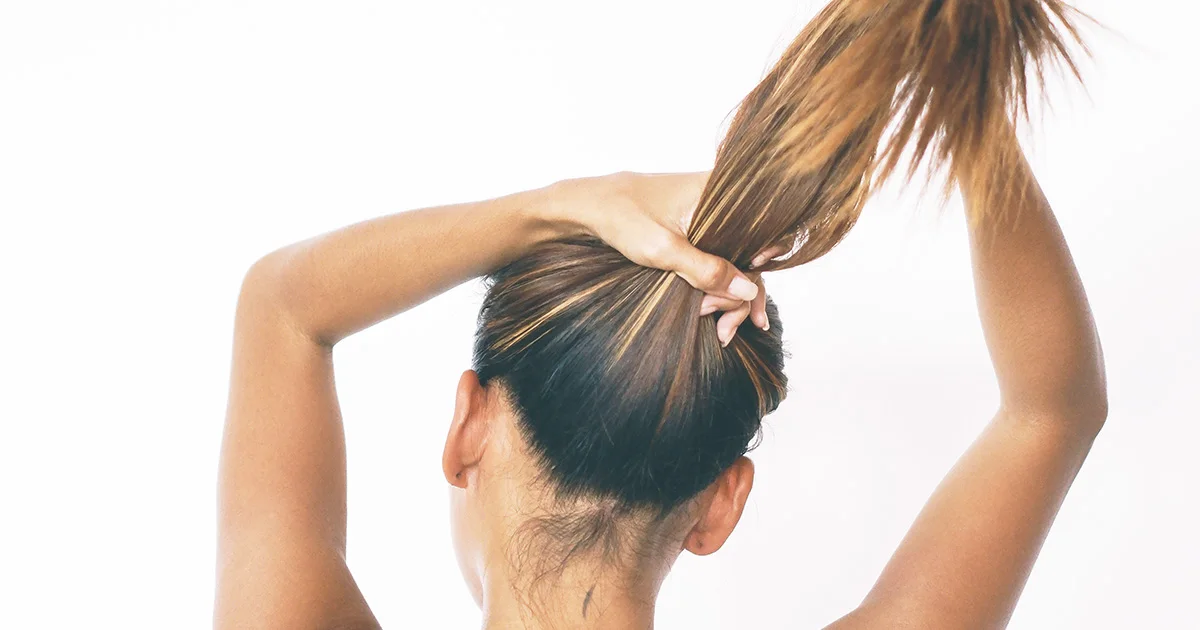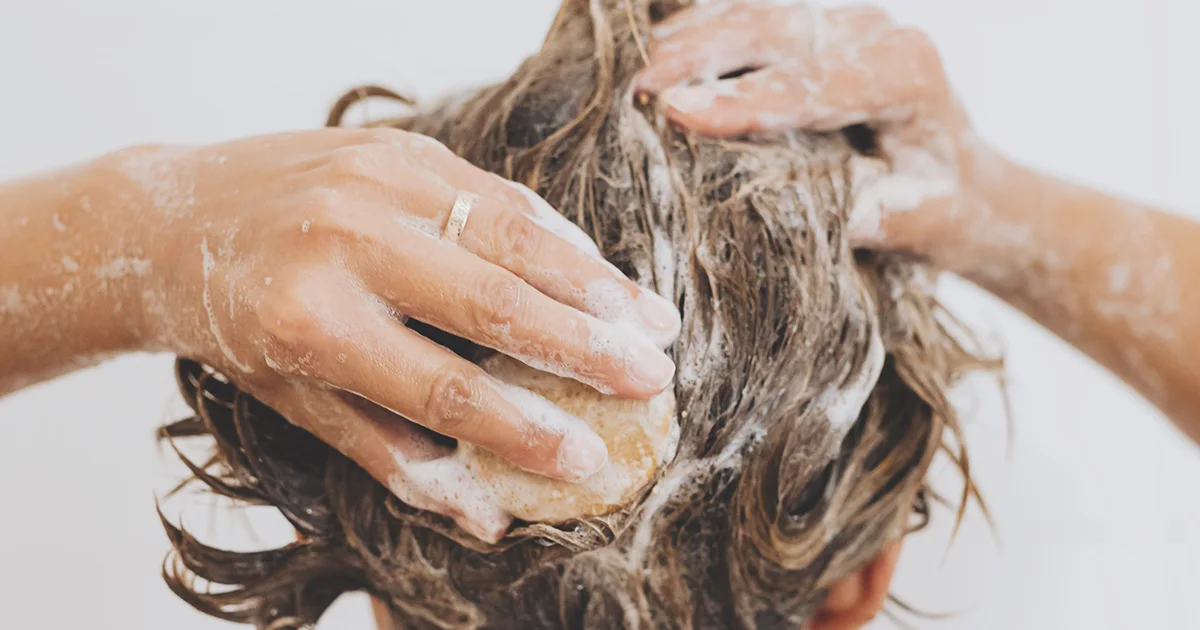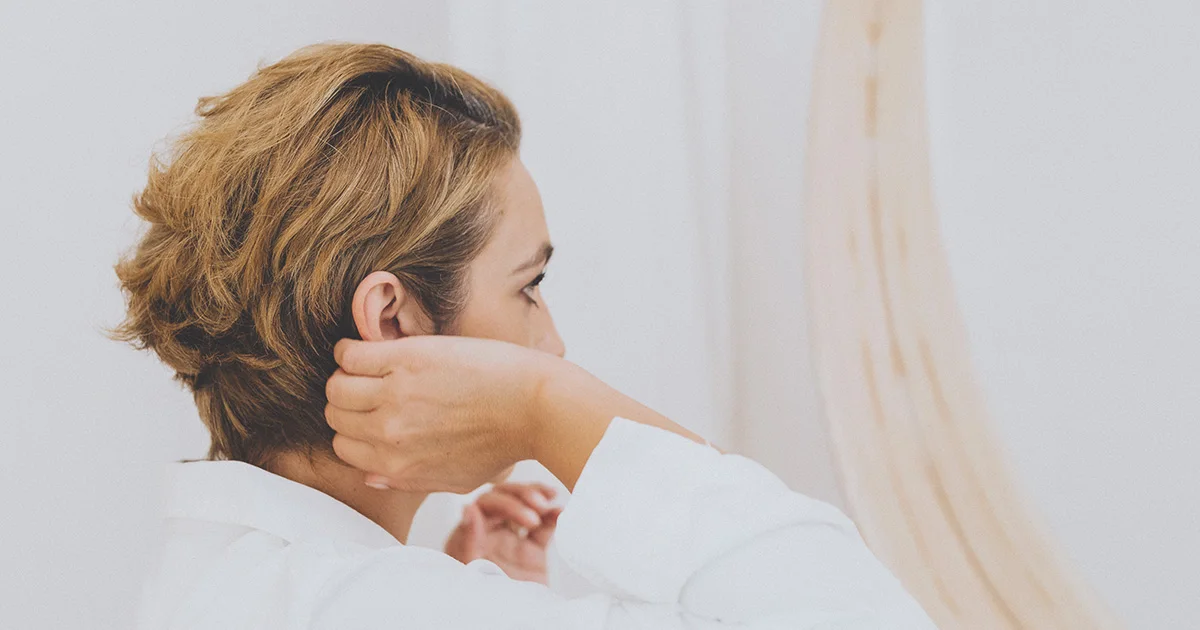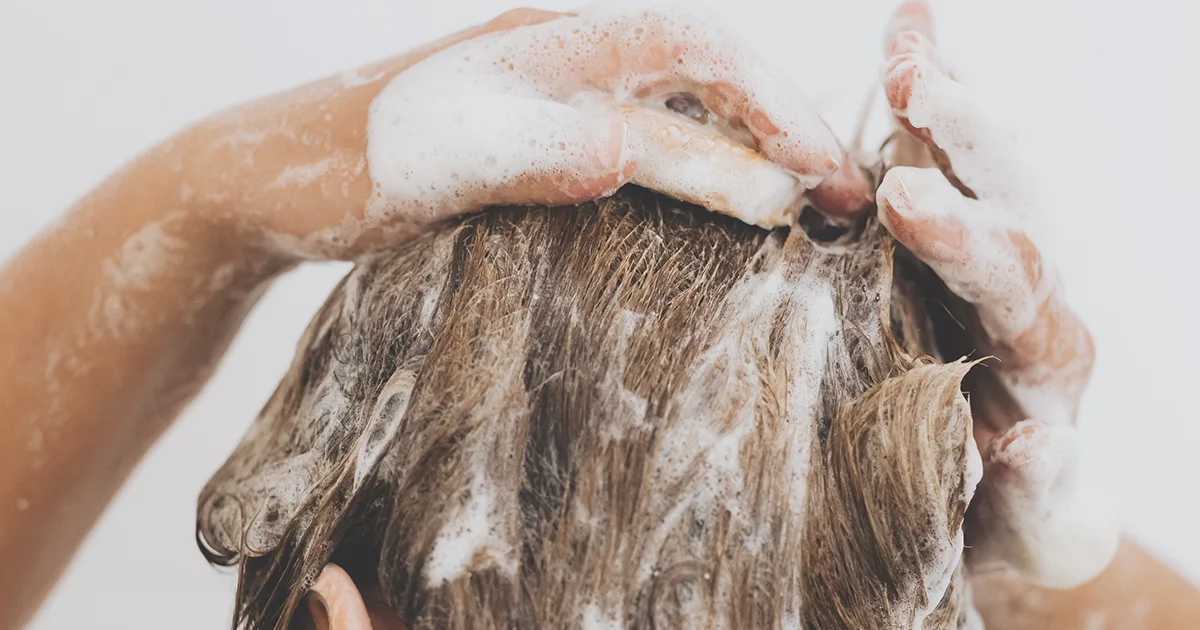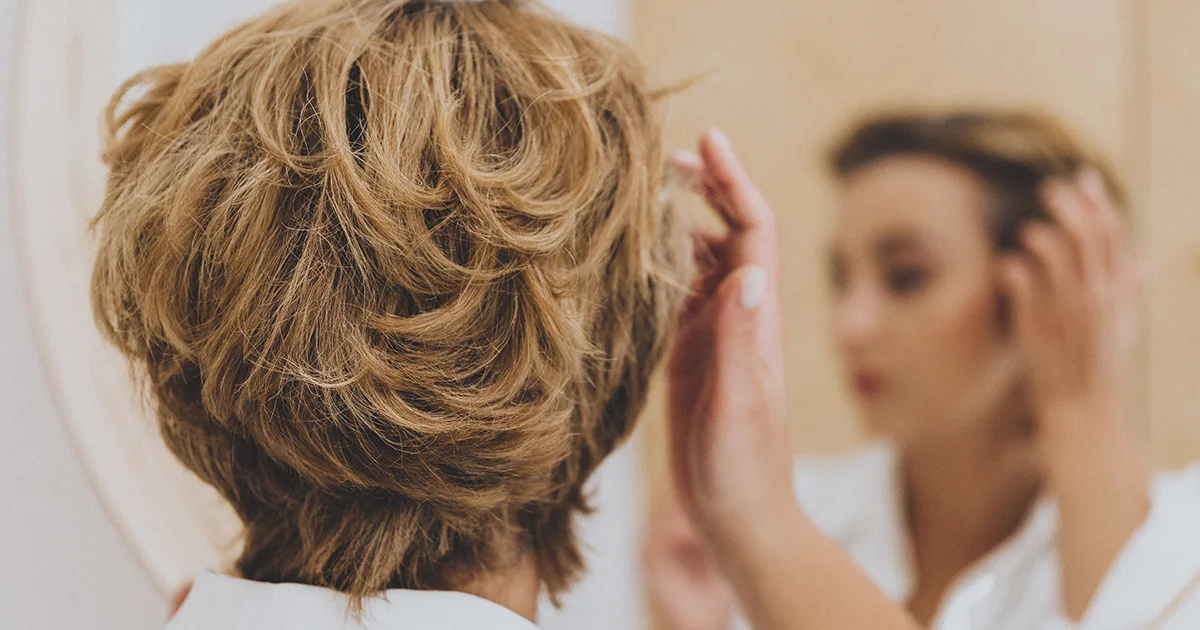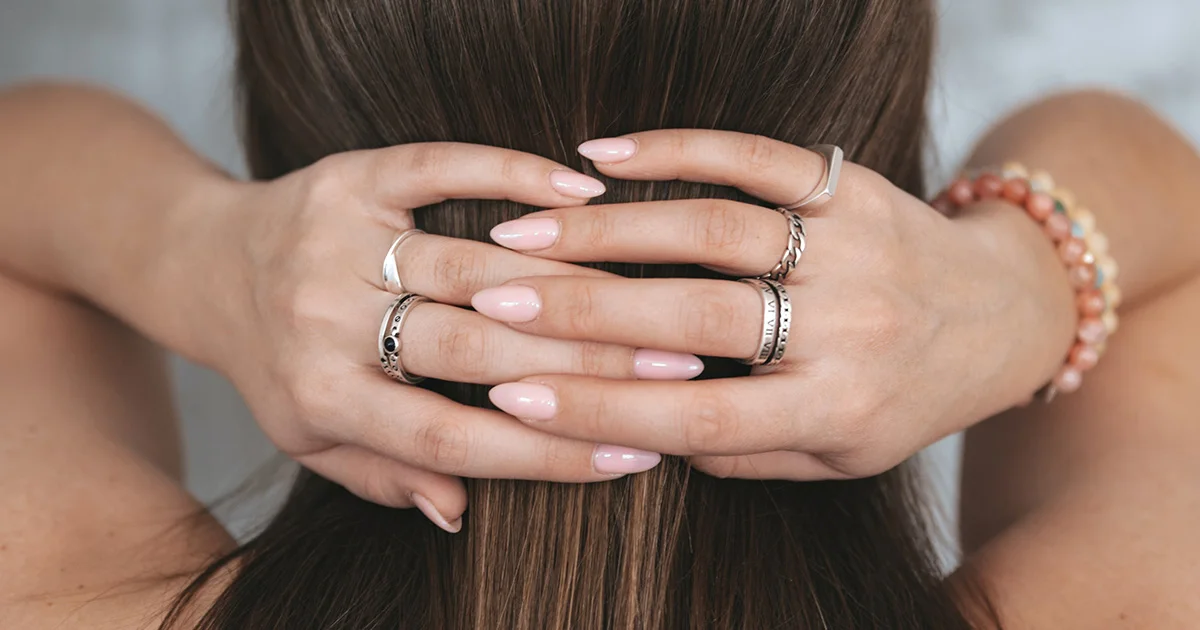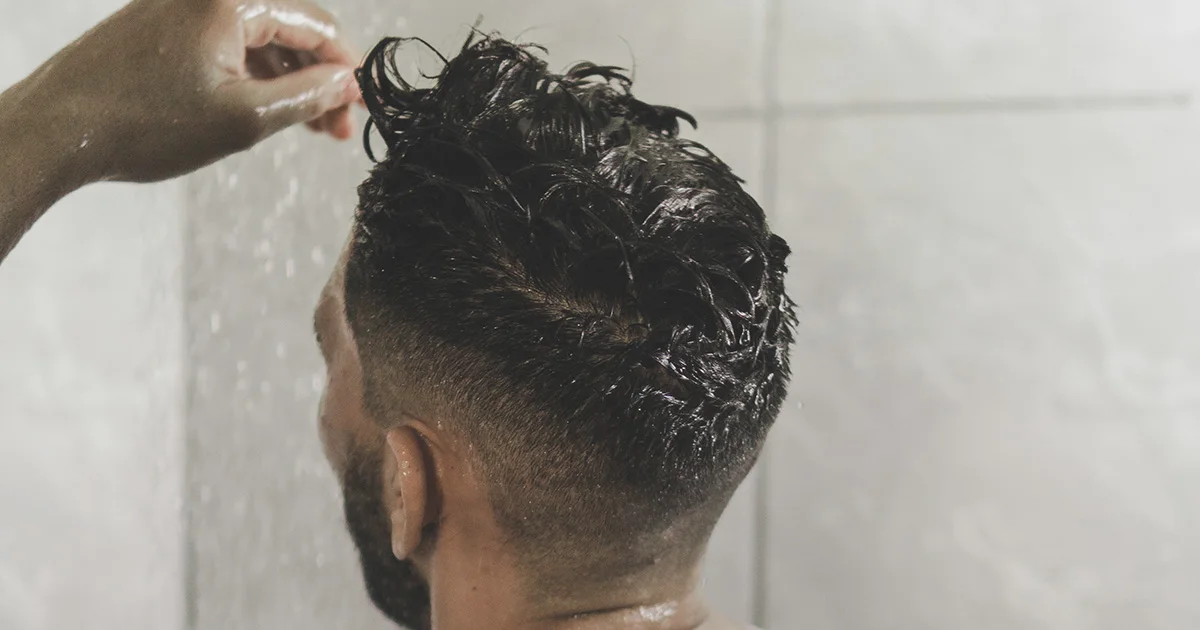Here's what we'll cover
Here's what we'll cover
If you’re a social drinker and start to notice more strands of hair in your hairbrush than usual, you may begin to wonder if happy hour is to blame.
Does alcohol cause hair loss? And do you have to forego the occasional glass of wine for a healthy head of hair? Read on to find out.
Does alcohol cause hair loss?
Drinking alcohol does not cause hair loss. But drinking heavily or regularly may affect your body and overall health, leading to certain health issues that can cause hair loss.
So, even though alcoholic drinks do not cause hair loss directly, drinking alcohol may do so indirectly.
Effects of drinking alcohol on hair
While drinking alcohol is not one of the direct causes of hair loss, alcohol intake has been linked to other things that do cause hair loss, including nutrient deficiencies and smoking.
Let’s take a closer look at some of the effects of alcohol on the body and how they may harm the health of your hair.
Alcohol and nutritional deficiencies
Heavy drinking is linked to nutritional deficiencies. Particularly, excessive alcohol consumption can deprive the body of the following vitamins and minerals (Almohanna, 2019; Lieber, 2004):
How does this happen? When studying people with alcoholism, researchers found that many heavy drinkers are malnourished, meaning they either don’t ingest enough key nutrients or their bodies cannot properly absorb the nutrients (Lieber, 2004).
Not taking in enough key nutrients is likely due to alcohol’s low nutritional value (hence people often referring to alcohol as “empty calories”) and not eating a proper diet. But even if you eat a balanced diet, excessive alcohol use can still affect how your body absorbs and digests food, making it harder for you to actually reap the benefits of the vitamins and minerals you consume (Lieber, 2004).
And when your body isn’t able to get the nutrients it needs, hair loss may occur (Almohanna, 2019).
Alcohol and smoking
Not all people who drink are smokers, but many people light up when they start drinking. Smoking is linked to hair loss, or more specifically, androgenic alopecia (pattern baldness) (Babadjouni, 2021; Salem, 2021).
Other effects of heavy alcohol use
Aside from contributing to certain factors that may cause hair loss, alcohol abuse is also associated with other health problems, including (NIAAA, n.d.):
Brain impairments
Mood and behavior disruptions
Impaired coordination
Heart issues
Stroke
High blood pressure
Liver problems
Pancreatitis
Cancer
Weakened immunity
Hormonal changes
How to treat and prevent hair loss
There are many ways to treat and prevent hair loss. Some may be more successful than others. Ultimately, what works for you may take some trial and error. However, the following tips may be helpful in maintaining or restoring hair health.
Limit alcohol consumption
Being mindful of the amount of alcohol you drink is a smart way to prevent hair loss (and maybe prevent any hair loss from getting worse). That said, you don’t have to give up alcohol completely if you don’t want to.
A good guideline to follow is the CDC’s recommendation of drinking no more than two drinks a day for men and one drink a day for women (CDC, 2021).
Try hair loss medications
Minoxidil (brand name Rogaine) and finasteride (brand name Propecia) are two medications FDA-approved to treat certain types of hair loss.
Minoxidil is a topical medication that you apply directly to your scalp. It is approved for men and women with androgenic alopecia. Finasteride is an oral pill, only approved for use in men, that you take daily to slow hair loss and encourage regrowth.
Your healthcare provider may recommend other medications, depending on your type of hair loss.
Eat a nutritious diet
Try to eat a balanced diet full of things like leafy green vegetables, lean meats, beans, and whole grains—and avoid excess sugars and processed foods—to get the vital nutrients your body needs for healthy hair growth.
Some research suggests that eating too much sugar and high glycemic index (GI) foods may be linked to hair loss. Eating too much sugar may increase sebum (oil) production, which can drive scalp irritation and inflammation. Not only that, eating too many high GI foods may raise your insulin levels, which can also affect hair growth (Goluch-Koniuszy, 2016).
Keep an eye out for getting too much selenium or vitamin A, as an excess of either nutrient may be linked to hair loss (MacFarquhar, 2010; Almohanna, 2019).
Oral Minoxidil Important Safety Information: Read more about serious warnings and safety info.
Finasteride Important Safety Information: Read more about serious warnings and safety info.
Alcohol and hair loss: the bottom line
While alcohol consumption doesn't directly affect the hair growth cycle, excessive drinking is associated with other health conditions that may be linked to hair loss.
And even though there’s not much research on whether or not curbing alcohol consumption can prevent or reverse hair loss, cutting down on drinking may help. Of course, if you notice persistent thinning hair, it’s worth reaching out to a healthcare provider who can not only help you get to the bottom of why you’re losing your hair but can recommend individualized treatment options as well.
DISCLAIMER
If you have any medical questions or concerns, please talk to your healthcare provider. The articles on Health Guide are underpinned by peer-reviewed research and information drawn from medical societies and governmental agencies. However, they are not a substitute for professional medical advice, diagnosis, or treatment.
Almohanna, H. M., Ahmed, A. A., Tsatalis, J. P., et al. (2019). The role of vitamins and minerals in hair loss: a review. Dermatology and Therapy, 9 (1), 51–70. doi:10.1007/s13555-018-0278-6. Retrieved from https://www.ncbi.nlm.nih.gov/pmc/articles/PMC6380979/
Babadjouni, A., Pouldar Foulad, D., Hedayati B., et al. (2021). The effects of smoking on hair health: A systematic review. Skin Appendage Disorders, 7 , 251-264. doi:10.1159/000512865. Retrieved from https://www.karger.com/Article/FullText/512865#
Centers for Disease Control and Prevention (CDC). (2021). Alcohol questions and answers . Retrieved from https://www.cdc.gov/alcohol/faqs.htm
Goluch-Koniuszy, Z. S. (2016). Nutrition of women with hair loss problem during the period of menopause. Menopause Review, 15 (1), 56–61. doi:10.5114/pm.2016.58776. Retrieved from https://www.ncbi.nlm.nih.gov/pmc/articles/PMC4828511/
Lieber, C. (2004). Relationships between nutrition, alcohol use, and liver disease. National Institute on Alcohol Abuse and Alcoholism. Retrieved from https://pubs.niaaa.nih.gov/publications/arh27-3/220-231.htm
MacFarquhar, J. K., Broussard, D. L., Melstrom, P., et al. (2010). Acute selenium toxicity associated with a dietary supplement. Archives of Internal Medicine, 170 (3), 256–261. doi:10.1001/archinternmed.2009.495. Retrieved from https://pubmed.ncbi.nlm.nih.gov/20142570/
National Institute on Alcohol Abuse and Alcoholism (NIAAA). (n.d.). Alcohol's effects on the body. Retrieved June 13, 2022 from https://www.niaaa.nih.gov/alcohols-effects-health/alcohols-effects-body
Salem, A., Ibrahim, H., Abdelaziz, H., et al. (2021). Implications of cigarette smoking on early-onset androgenetic alopecia: A cross-sectional study. Journal of Cosmetic Dermatology, 20, 1318–1324. doi:10.1111/jocd.13727. Retrieved from https://onlinelibrary.wiley.com/doi/abs/10.1111/jocd.13727
